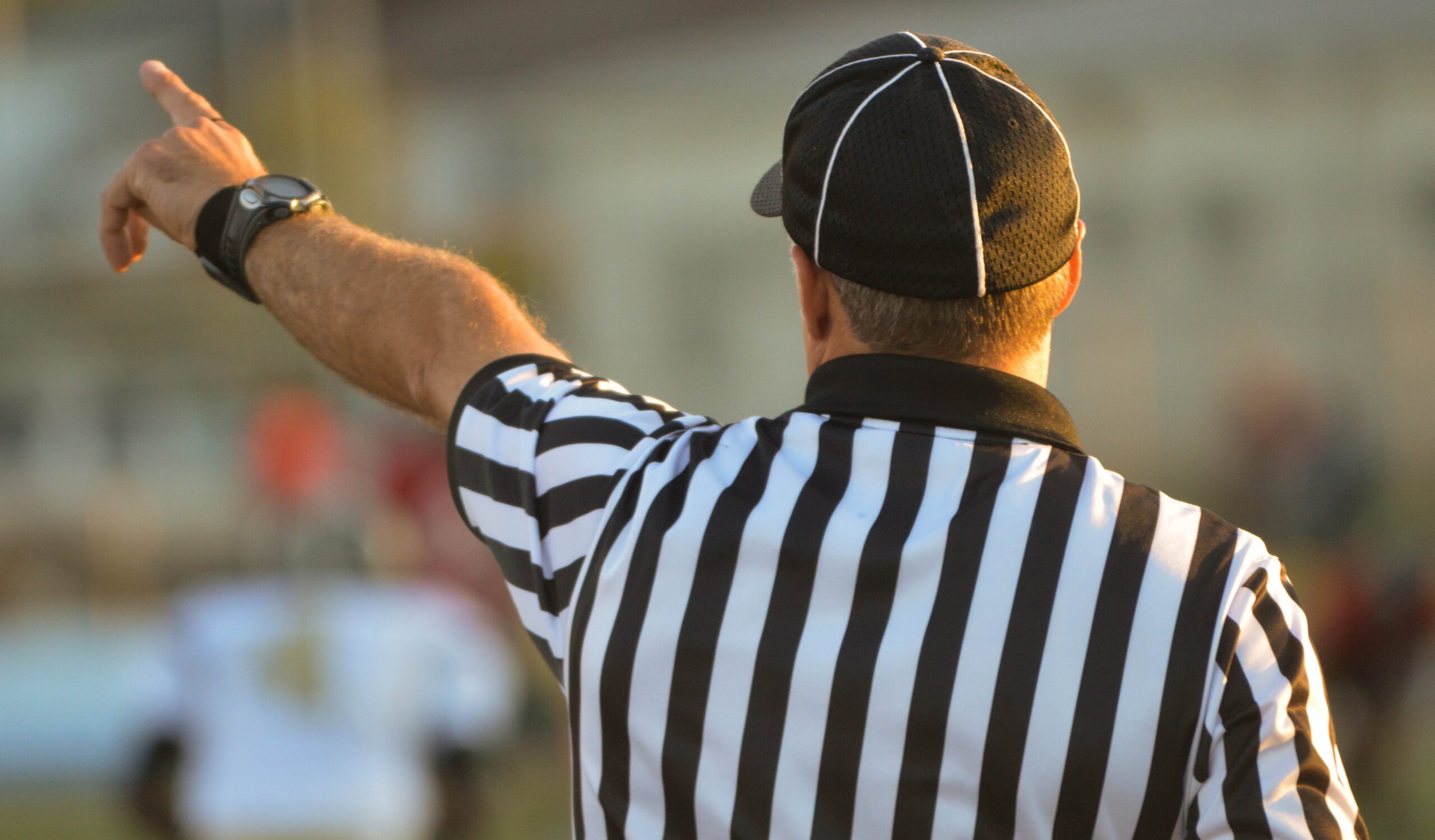In a recent turn of events, Atlanta Falcons wide receiver Calvin Ridley has warned fellow NFL players to stay away from gambling. His advice comes in the wake of his suspension from the league due to betting on NFL games.
Ridley’s suspension has cast a spotlight on the relationship between professional athletes and gambling. The NFL’s stern stance on the issue is evident, with the league striving to maintain the integrity of the sport.
Ridley’s warning to his peers underscores the potential pitfalls of gambling for professional athletes. It serves as a stark reminder of the stringent rules against betting on games and the severe consequences for those who violate them.
Calvin Ridley’s suspension and subsequent warning to other players serve as a wake-up call to professional athletes about the dangers of gambling. It’s a stark reminder of the thin line they walk and the strict standards they are held to.
In the era of widespread online betting and fantasy sports, the temptation for athletes to wager on games can be great. However, Ridley’s case highlights the potential career-ending risks involved.
The NFL’s decisive action in Ridley’s case sends a clear message about its zero-tolerance policy on betting. It’s a firm stance to ensure the integrity of the game and prevent any potential match-fixing scandals.
In dissecting this case, it’s crucial to recognize the multi-faceted aspects of the issue at hand. The heart of the matter lies in the potential conflict of interest that can arise when a professional player gambles on their sport. The risk, however minute, of a player being influenced by their wagers to alter their performance or the outcome of a game, threatens the fundamental integrity of the sport. It’s this specter that the NFL, like many other sports organizations, is eager to ward off.
In addition, the Ridley incident brings into focus the broader societal issue of problem gambling. Often glamorized and sometimes trivialized, the potentially destructive consequences of gambling addiction are real. The suspension of a high-profile athlete like Ridley for gambling provides a high-visibility example of the potential downfalls of betting, making it a teachable moment for the public at large.
Furthermore, in an era where sports betting has been increasingly legalized and normalized, and where athletes are frequently solicited by betting companies for endorsements, Ridley’s situation underlines the need for clear boundaries and guidance. While sports betting can offer enhanced fan engagement and a new revenue stream for leagues, these benefits must be balanced against the potential risks, particularly for the athletes themselves.
The proliferation of mobile betting apps and the popularity of fantasy sports leagues have made it easier than ever for individuals, including athletes, to place bets. This increased access and exposure to gambling require an equal measure of education and responsibility. Ridley’s suspension and subsequent warning present an opportunity for the NFL and other sports leagues to reinforce their rules on betting and to educate their players about the risks and consequences of gambling.
In a broader context, Ridley’s story could serve as a catalyst for more in-depth discussions about gambling in the world of professional sports. How can leagues maintain the integrity of their games while also capitalizing on the growing popularity of sports betting? How can athletes be protected from the potential pitfalls of gambling? And, importantly, how can the conversation around gambling be normalized to ensure those who need help can seek it without stigma?
The Ridley case should serve as a sobering reminder for all professional athletes of the potential personal and professional costs of gambling. Moreover, it highlights the need for ongoing education, clear guidelines, and open dialogue about the role of gambling in professional sports. This is a conversation that needs to be had, and Ridley’s situation has placed it squarely in the spotlight.

